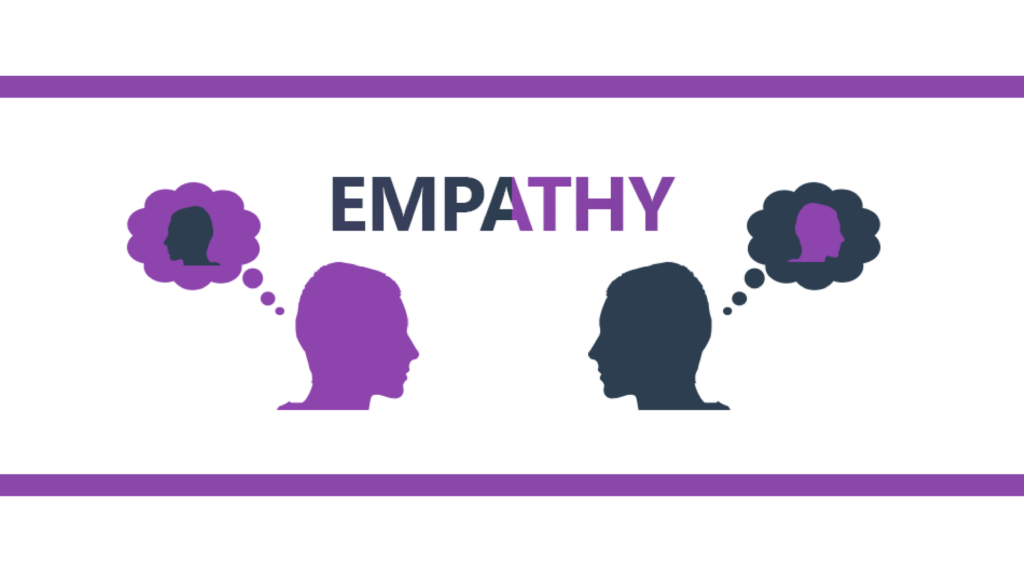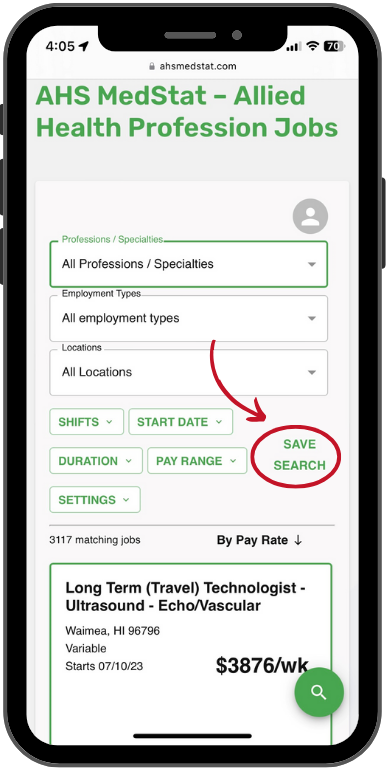Doctors and nurses are leaders in health care. Being a great leader means having a clear vision, mission or goal. It means being committed, and knowing how to listen and communicate, but it involves much more. It’s about having heart, empathy, and an uplifting spirit.
Empathy allows us to engage and uplift patients that could, in some way, improve their mood or health. By being empathetic with them, you can also encourage them to take charge of their own health and habits, building them a brighter future.
According to Jodi Halpern, MD, PhD author of “What is Clinical Empathy?” in the Journal of General Internal Medicine:
“Empathy involves being moved by another’s experiences. In contrast, a leading group from the Society for General Internal Medicine defines empathy as “the act of correctly acknowledging the emotional state of another without experiencing that state oneself.”
Sure, it sounds easy to feel what someone else is feeling or even fake it, but empathy doesn’t come easy to everyone. Often patients want to feel that you are there for them. Sometimes they are not looking for lengthy discussions and overly involved detailed information. They want simple, accurate and informative information that is pertinent to them and presented in a genuine manner. They want to feel that they matter, and any questions they may have are not insignificant.
On occasion patients may only need a “look” or an unspoken word that says you care. Body language is essential in engaging with patients. It’s how you make them feel, that’s important.
Taking time to learn and hone your empathy skills will not only make you a better nurse, but will give your patients an overall better experience!


